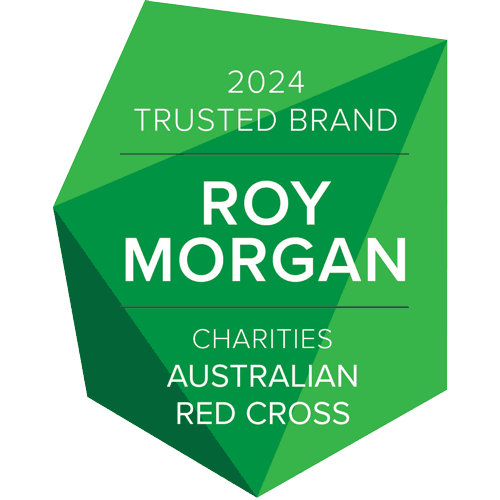Liability risks
Liability risks refer to the potential legal ramifications resulting from violations of international humanitarian law (IHL), whether directly or indirectly as a result of a company’s operations. These can include both criminal and civil liability, and can result in significant financial, operational and reputational consequences.
Complicity is particularly relevant to the private sector. Complicity involves the provision of practical assistance or support, which has a substantial effect on the commission of a war crime, with knowledge that providing this assistance/support would facilitate the crime.
A high-profile case in point, is the ongoing prosecution of the Chairman and CEO of Lundin Petroleum, who face charges of aiding and abetting gross crimes against international law, including war crimes, as a result of the company’s operations in South Sudan between 1998 and 2003. Although the trial is yet to start, if found guilty the defendants face a life sentence and a fine of €300 million.
Perpetrators of war crimes, as well as their superiors and accomplices and those complicit in the commission of war crimes, may be held criminally responsible for their actions.
Many countries, including Australia, have introduced national legislation relating to the criminal prosecution of companies for such offences. This also includes senior officials, such as CEOs, board members and company executives, who may face prosecution in a personal capacity for individual criminal responsibility. All States have an obligation to investigate and prosecute certain war crimes, irrespective of where such crimes were committed, so Australian companies and their executives not only risk prosecution in Australia, but also in foreign jurisdictions.
Businesses and their employees and managers also face the risk of civil liability for damages in relation to violations of IHL. As civil cases can be brought directly by individual victims and carry a lower standard of proof, civil litigation is increasingly perceived as being a viable way of redress for victims of such violations.
Charity donations of $2 or more to Australian Red Cross may be tax deductible in Australia. Site protected by Google Invisible reCAPTCHA. © Australian Red Cross 2025. ABN 50 169 561 394
